Original Thought or ‘Magpied’ Ideas?
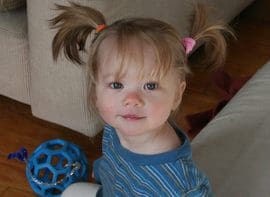
I often listen to songs playing on the radio and suddenly recognise a phrase or riff that sounds suspiciously like something from another song. Then my teenage children point out that this is deliberate and use words like sampling, loops and breaks to try and explain this genre to me. My own son suddenly started listening to classical music, which delighted me…and then he took samples from grand symphonies and formed hip hop beats around them, creating something new and exciting.
Similarly I have occasionally written things or coined new phrases in the middle of delivering training that I have proudly claimed as “original thought”. Imagine the devastation when I suddenly discover that phrase or idea already in print, written by an expert several years ago! This has just happened to me on the train to Leeds. I was immersed in a book about maths by Linda Pound, published in 1999, when I read words that I had written about in a previous blog: ”Just because a child can doesn’t mean they should.” And it was attributed to the great Lillian Katz. So I began to wonder what had happened here because I knew that Lillian had not read my blog! Had I read those words sometime and stored them deep within my subconscious? Or had I indeed created the phrase myself and coincidentally so had someone else (a case of great minds thinking alike)?
Another example of this is when I was still teaching in Reception. I had a sense that smaller groups were essential for building strong relationships, supporting well-being and facilitating conversation. I looked at the key person system that was operating in preschool and decided that I wanted to do the same. When I started work as a consultant, a year later, my birth to three colleague educated me about John Bowlby and attachment theory and I realised why small groups were so important. This felt like a moment of revelation for me; I had discovered something new; until I was looking through a box of my stuff in the loft and came across some college essays, one of them being about John Bowlby and attachment theory! Somehow I had forgotten all of this and yet it lay deep within my subconscious influencing my practice.
This leads me to think about what happens in children’s learning processes. In the early years they are constantly encountering things that are new to them. They grab hold of these experiences as if it is the first time it has ever happened to anyone. They are constantly assimilating knowledge and information, making new connections, trying out new words and ideas and creating new things. Most of these are supported by adults who have talked to them and introduced them to these new experiences. Young children are learning all the time, creating something new from what is offered.
Another thought is that a lot of the experiences that we give young children will remain deep in their subconscious, providing a foundation for their lives. We may never know the true impact we have had on the children we work with, and many of those children may not even consciously remember. But just occasionally I have been encouraged by a letter or email or phone call from a parent or a child, now grown up, who says thank you. I remember one dad tracking me down after many years to tell me that his son was seriously ill in hospital, but above his bed he had pinned a little note I had written to him before I left that particular school about 13 years previously. It just encouraged him to keep playing the guitar and reminded him that God loved him. That’s all, but it obviously meant a lot.
I know that none of this is original thinking; it is built on over 30 years in education. But I am constantly learning and re-learning, and, dare I say it, un-learning some things. And I apologise if I have not properly referenced anyone reading these blogs!
So a few summary points about our work with children:
– Remember the importance of these early foundations. Never under estimate the impact you have on the lives of the children and families you work with.
– Have the courage to make up your own little gems of truth – one of mine is “Don’t just DO maths, LIVE maths,” or like my friend Michael Jones who I often quote: “A rhyming child is a reading child” and “Swapping comes before sharing.”
– Constantly evaluate the opportunities you are offering young children – do they open up possibilities? Are they flexible, adapting to their needs and interests? Are they interesting to that age of children?
– Celebrate every child’s ‘new’ discovery as if it is the first time you have ever seen it yourself – join in with their awe and wonder.
– Try and remember what you may have forgotten from your training. Re-read some of the material you read. Refresh your knowledge of child development, theorists and pioneers.
Comments
Leave a Reply
Popular Teaching Resources
Stay Up To Date
Sign up for our newsletter and we’ll let you know when we create new early years resources.

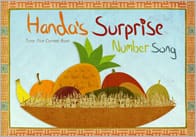
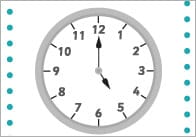
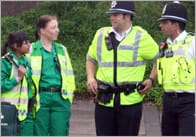
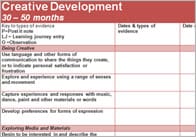

Hi Judith,
Thank you so much for this advice, I have just started teaching Reception for the first time this year and I’m still trying to find my feet a bit! All you’re blog posts have been really useful to me, keep it up :).
Jess.